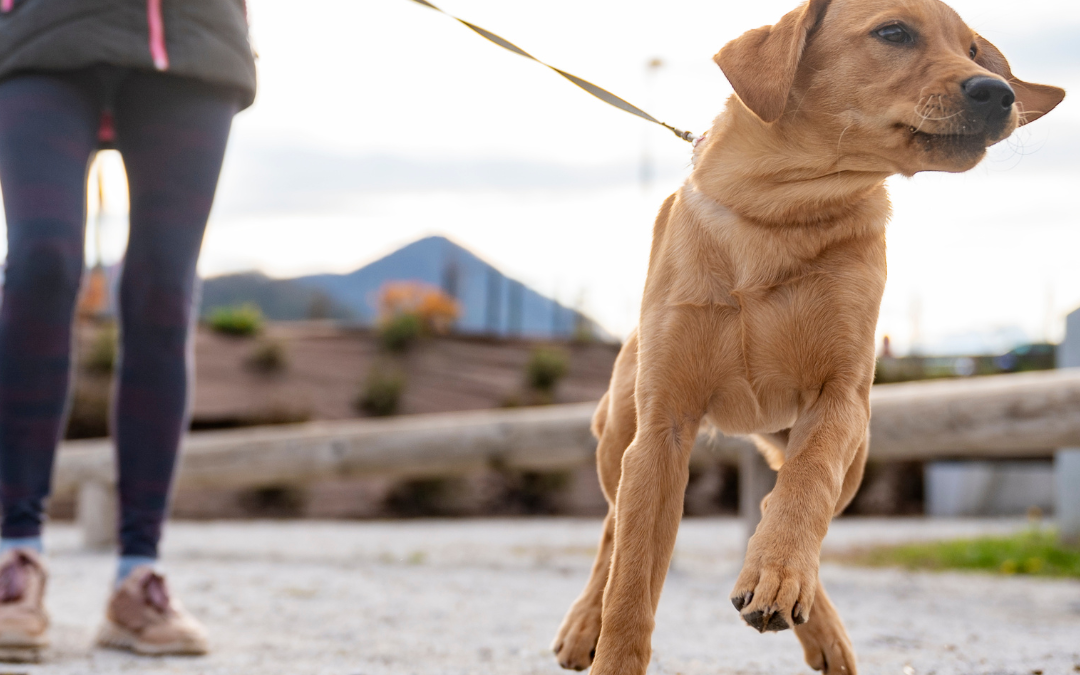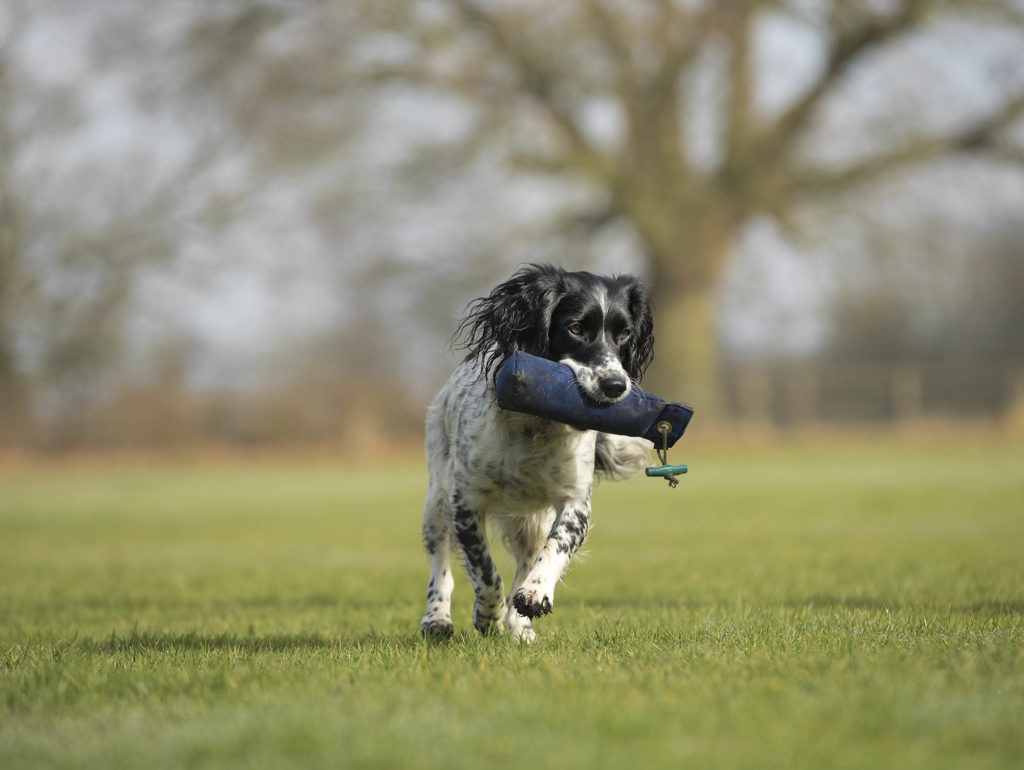If your adolescent dog has suddenly started lunging on the lead, becoming overexcited at the drop of a hat, or finding it impossible to settle, you’re not alone. This turbulent stage of dog development can leave owners scratching their heads — but a simple change like feeding adolescent dogs three times a day could make a surprising difference.
Feeding adolescent dogs three times a day isn’t just about avoiding a hangry pup — it’s about supporting their growing brain, keeping energy levels steady, and smoothing out those frustrating midday behaviour dips.
The Adolescent Dog Brain: A Work in Progress
During adolescence, a dog’s brain undergoes massive changes. The prefrontal cortex — the bit responsible for impulse control, decision-making, and emotional regulation — is still maturing (source).
This means that teenage dogs are prone to being more impulsive, less focused, and, at times, downright rebellious. Sound familiar?
Veterinary behaviourist Dr Amber Batson has highlighted that adolescence is a critical period where nutrition can have a profound effect on how the brain develops, influencing everything from social skills to how well your dog handles stress (source).
Why Feeding Adolescent Dogs Three Times a Day Matters
Unlike adult dogs, adolescent dogs are still growing rapidly, including their brains. Feeding just once or twice a day might leave their blood sugar dipping by midday — just when their brain needs a steady supply of fuel to keep developing properly.
By feeding your adolescent dog three times a day, you help:
-
Maintain steady blood sugar levels
-
Support sustained energy throughout the day
-
Avoid the ‘lunchtime slump’ that can lead to poor focus, arousal spikes, and erratic behaviour
-
Promote more consistent training sessions and easier settling
Dr Batson recommends three meals a day during this phase to ensure their brains get the support they need to thrive.
Studies on canine nutrition also back up this approach, with evidence suggesting that 2-3 meals per day are ideal for maintaining energy levels and supporting healthy development (source).
Brain Food: What to Feed Your Adolescent Dog
Alongside feeding frequency, the content of your adolescent dog’s meals matters hugely. A diet rich in specific nutrients can supercharge brain development:
-
DHA (Docosahexaenoic Acid): An omega-3 fatty acid essential for neural development. Look for foods that include fish oils or marine sources of DHA.
-
Antioxidants: These help protect the brain from oxidative stress and inflammation.
-
Balanced macronutrients: A good balance of protein, healthy fats, and complex carbohydrates ensures a steady energy supply (source).
Choosing a high-quality diet that’s appropriate for a growing dog will give them the best possible foundation for a healthy adult life.
Practical Tips for Feeding Your Adolescent Dog
-
Stick to a regular schedule: Aim for morning, midday, and evening meals.
-
Watch portion sizes: Overfeeding can lead to weight gain, while underfeeding can stunt development.
-
Quality over quantity: Choose foods that are specially formulated for puppies and adolescents.
-
Observe behaviour: If you notice lunging, energy slumps, or difficulty settling around midday, consider tweaking your meal timings.
Conclusion: Feeding Your Adolescent Dog Three Times a Day is Key to Brain Health
Adolescence is a wild, wonderful, and sometimes frustrating stage of your dog’s life. By feeding your adolescent dog three times a day and ensuring they’re getting the right nutrients, you’re not just filling their belly — you’re fuelling their brain, supporting healthy emotional development, and giving them the best chance of becoming a calm, focused, and happy adult dog.
If you’d like more guidance on supporting your adolescent dog’s development through training and nutrition, get in touch — I’d love to help!
Related Reading:
Gundog Training Courses
Have you got a gundog breed at home? Would you like to train him/her for the shooting field, or would you just like to train your dog to a high level? I can help with these scenarios.
Puppy Training Courses
When you first bring a puppy home it can be very exciting but daunting all at the same time, so I am on hand to come and guide you through those key canine development stages to ensure that your puppy grows up to be well-mannered.



